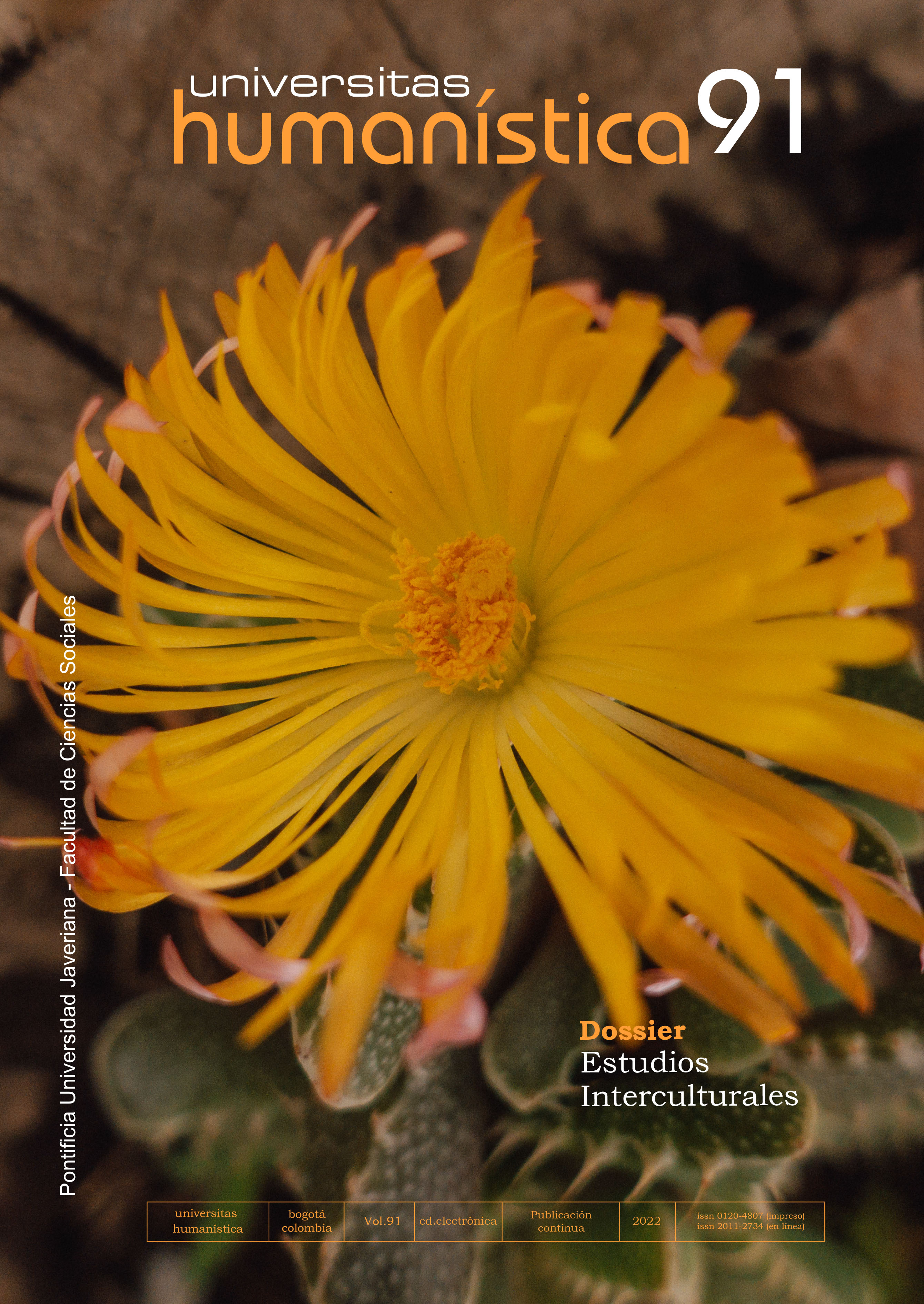Resumen
El texto busca aproximarse a dos posturas con las que el marxismo ha entendido el fenómeno religioso: la primera, conciencia falsa, y la segunda, conciencia utópica. La primera de estas posturas fue desarrollada por los primeros marxistas y cuenta en la actualidad con un respaldo preponderante. Esta postura se caracteriza por entender la religión, fundamentalmente, como “opio del pueblo”. La segunda postura, desarrollada por Bloch y Dussel, no niega el carácter supraestructural de la religión, pero reivindica su rol liberador, cuando emerge como forma de conciencia de los oprimidos desde abajo, es decir, infraestructuralmente. La conclusión del artículo estriba en entender el carácter dialéctico del fenómeno religioso, criticando la primera postura pero no negándola, e invitando a estudiar la religión desde el materialismo histórico y a desarrollar la crítica económico-política de la religión que esbozara Marx, con el fin de entender de modo más completo la complejidad del capitalismo.
Benjamin, W. (2018). Capitalismo como religión. En R. Mate y J. A. Zamora, Karl Marx. Sobre la religión. De la alienación religiosa al fetichismo de la mercancía (pp. 65-85). Trotta.
Calzadilla, J. (2003). La religión desde una perspectiva marxista. Simposio Hominis 2003. Universidad de La Habana, Clacso. http://bibliotecavirtual.clacso.org.ar/ar/libros/cuba/cips/caudales05/Caudales/ARTICULOS/ArticulosPDF/15R065.pdf
Dussel, E. (1977). Religión. Edicol.
Dussel, E. (2011). Filosofía de la liberación. Fondo de Cultura Económica.
Engels, F. (1876). El papel del trabajo en la transformación del mono en hombre. Revista Die Neue Zeit, Bd. .(44), 1895-1896. https://www.marxists.org/espanol/m-e/1870s/1876trab.htm#n***
Engels, F. (1974). La guerra de los campesinos en Alemania. Progreso. https://www.marxists.org/espanol/m-e/1850s/guerracamp/index.htm
Escamilla, D., y Novoa, D. (2017). La memoria del conflicto armado en Bucaramanga: análisis de una experiencia investigativa desde las voces de las víctimas. Agora U.S.B., 17, 497-512. https://doi.org/10.21500/16578031.2884
Frolov, I. (ed.). (1984). Diccionario de filosofía. Progreso.
Gómez, C. M. (ed.). (2014). La religión en la sociedad postsecular. Transformación y relocalización en la modernidad tardía. Universidad del Rosario, Centro de Estudios Teológicos y de las Religiones (CETRE). https://doi.org/10.2307/j.ctt1f5g4h7
González-Fierro, F. (1972). Lenin y la religión. Revista De Fomento Social, (105), 53-59. https://doi.org/10.32418/rfs.1972.105.3860
Hervieu-Léger, D. (2005). La religión hilo de memoria. Herder.
Justo, J. (comp.). (2000). Religión (Ideario). Carlos Marx-Federico Engels. Elalep.com. https://www.yumpu.com/es/document/view/34410773/marx-karl-engels-justo-religionpdf
Lowy, M. (2006). Marxismo y religión: ¿opio del pueblo? En A. Borón, J. Amadeo y S. González (comps.), La teoría marxista hoy. Problemas y perspectivas (pp. 281-296). Clacso.
Lukács, G. (1969). Historia y consciencia de clase. Grijalbo.
Luxemburgo, R. (1905). El socialismo y las iglesias. https://www.marxists.org/espanol/luxem/05Elsocialismoylasiglesias_0.pdf
Marx, K. (1844). Introducción. La crítica de la religión es la premisa de toda crítica. Contribución a la crítica de la filosofía del derecho de Hegel. En R. Mate y J. A. Zamora, Karl Marx. Sobre la religión. De la alienación religiosa al fetichismo de la mercancía (pp. 145-158). Trotta.
Marx, K. (1845). De la autoenajenación religiosa a la humanidad socializada. Tesis sobre Feuerbach. En R. Mate y J. A. Zamora, Karl Marx. Sobre la religión. De la alienación religiosa al fetichismo de la mercancía (pp. 213-215). Trotta.
Marx, K. (1859). Prólogo a la Contribución a la Crítica de la Economía Política.https://www.marxists.org/espanol/m-e/1850s/criteconpol.htm
Marx, K., y Engels, F. (1974). La ideología alemana. Grijalbo.
Mate, R., y Zamora, J. A. (2018). Karl Marx. Sobre la religión. De la alienación religiosa al fetichismo de la mercancía. Trotta.
Peñarrubia, J. V. (2017). Crítica a la religión, Karl Marx [Video]. ABC de la Filosofía y la Cultura: https://www.youtube.com/watch?v=439SsRAtzPQ
Ribera, R. (2007). Análisis y actualidad del fascismo. Revista Realidad, (114), 595-619. https://doi.org/10.5377/realidad.v0i114.5144
Sartelli, E. (2014). La cajita infeliz. Un viaje marxista a través del capitalismo. Akal.
Tejedor, C. (2015). La crítica marxista a la religión desde una perspectiva laica. Astrolabio. Revista internacional de filosofía, (17), 11-19. https://raco.cat/index.php/Astrolabio/article/view/297587
Woods, A., y Grant, T. (1995). Razón y Revolución. Filosofía marxista y ciencia moderna. https://icvlloreteuia.files.wordpress.com/2017/09/razon-y-revolucion.pdf

Esta obra está bajo una licencia internacional Creative Commons Atribución 4.0.
Derechos de autor 2022 Diego Andrés Escamilla Márquez


